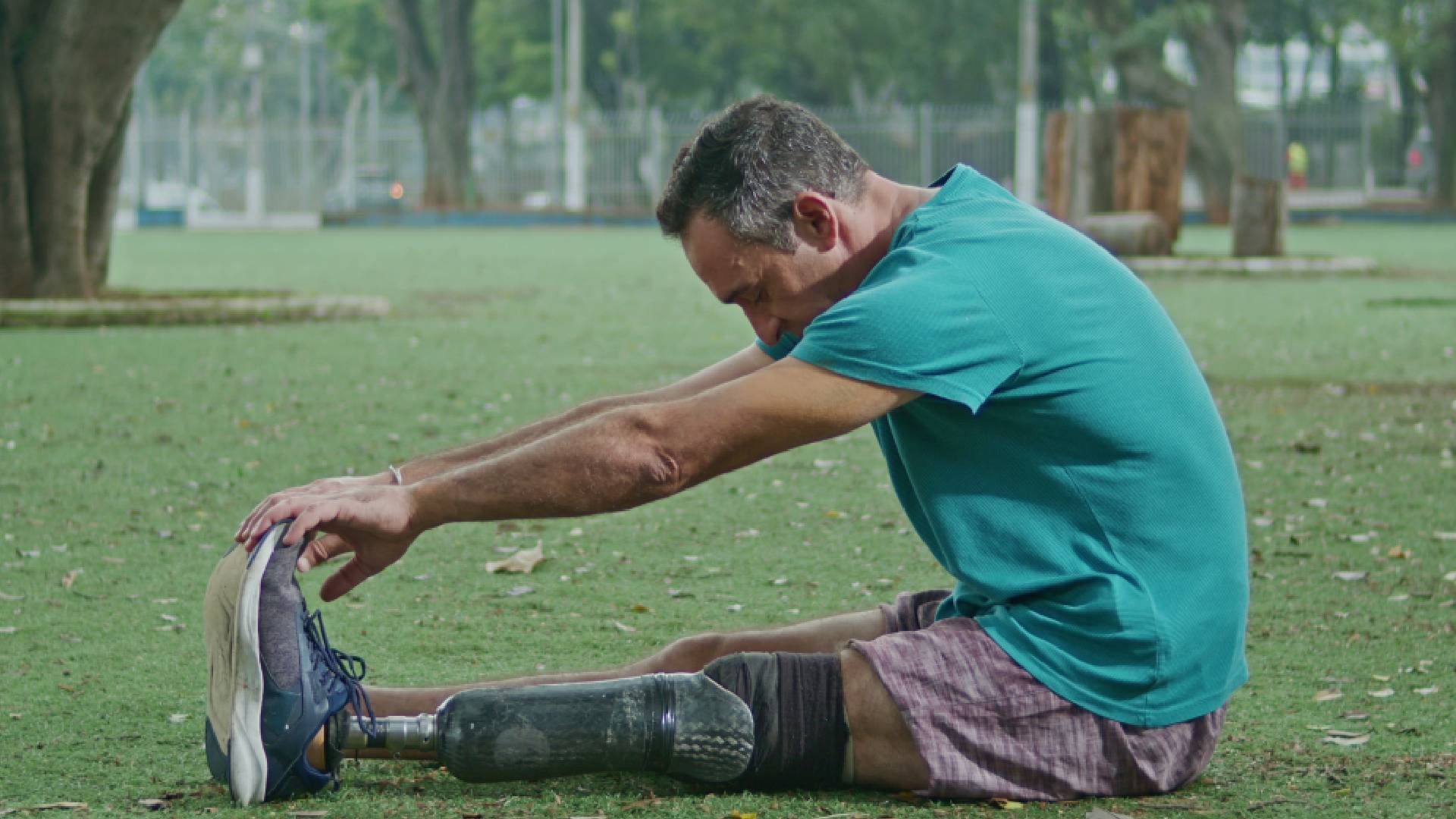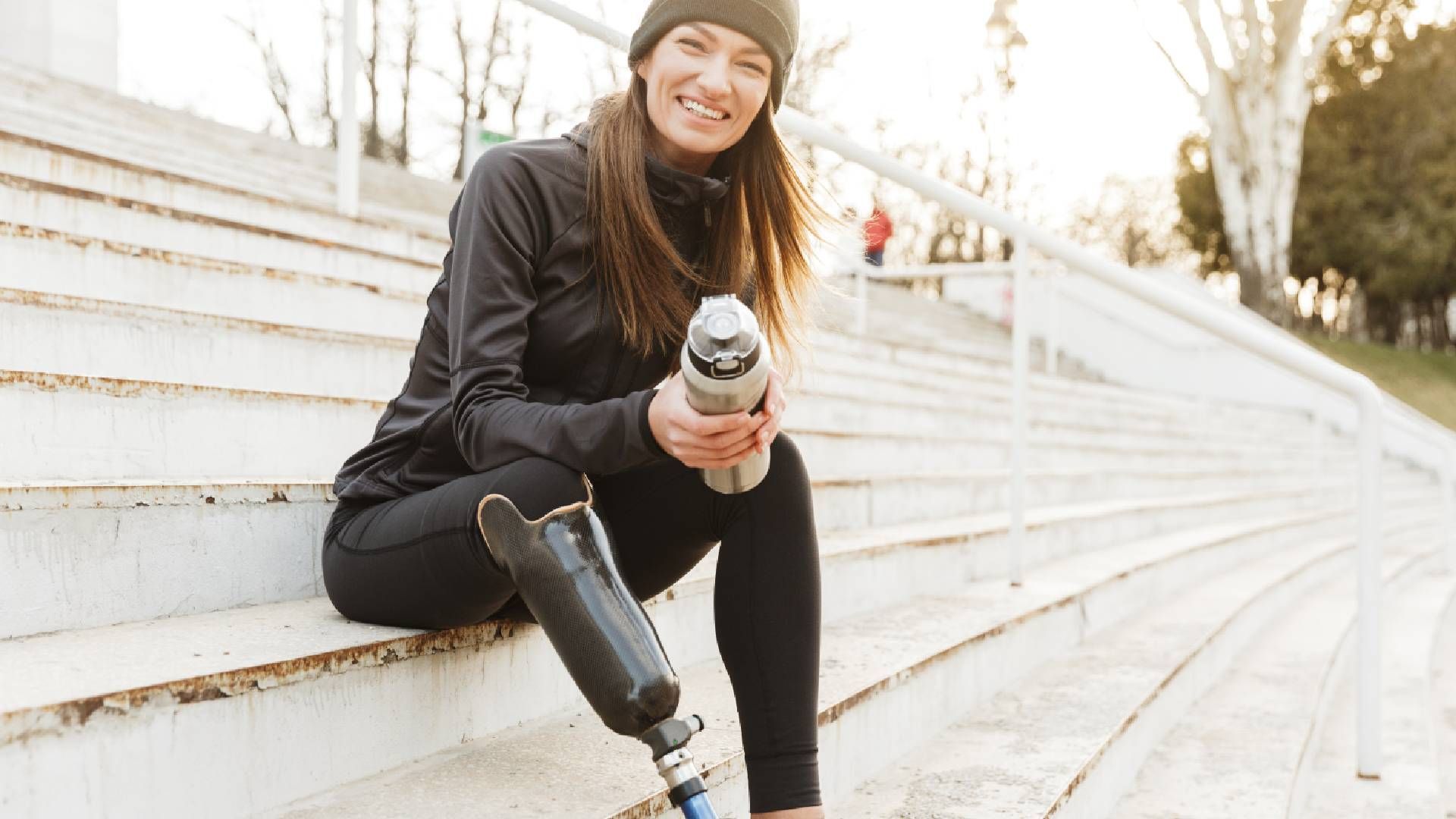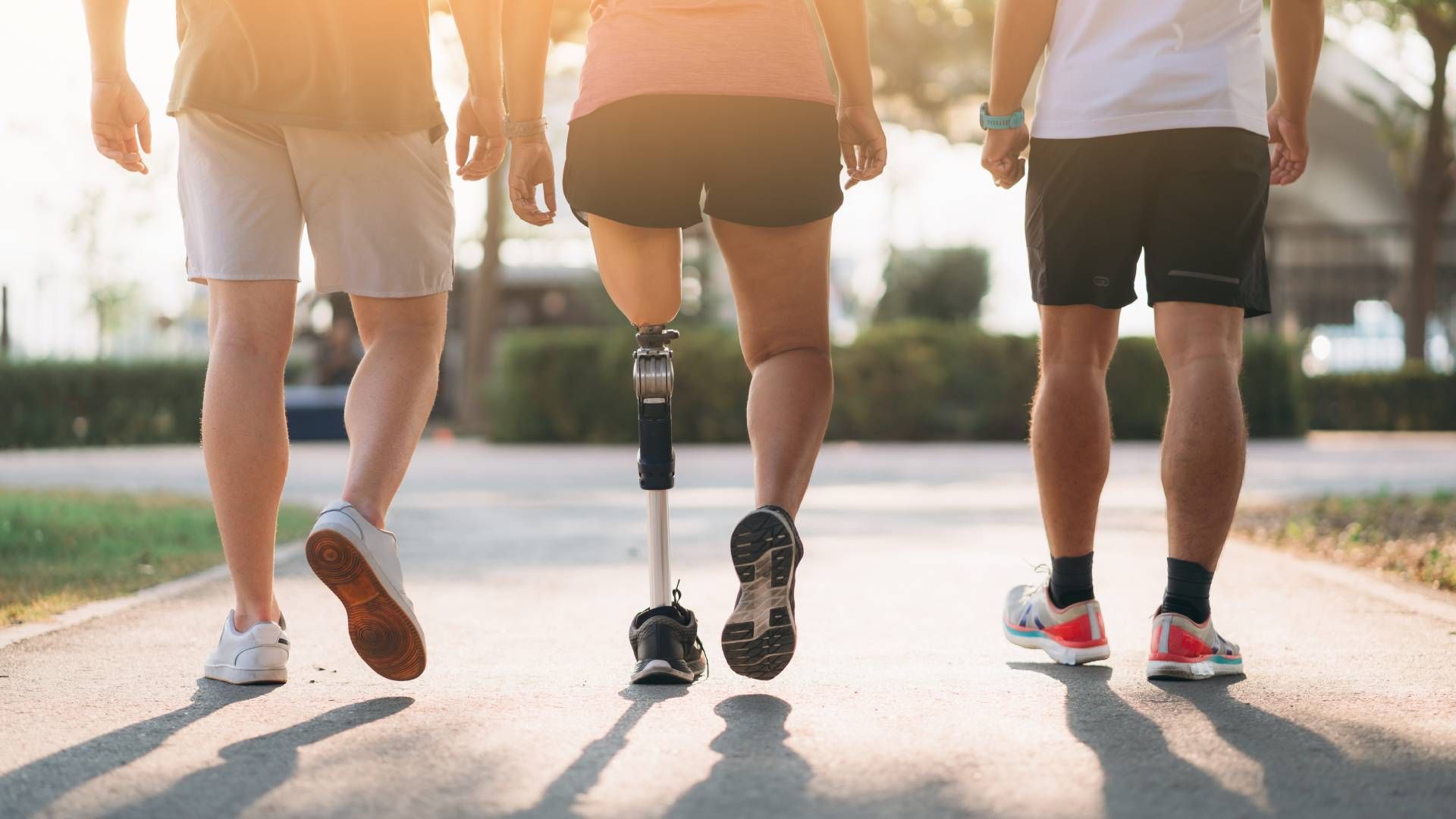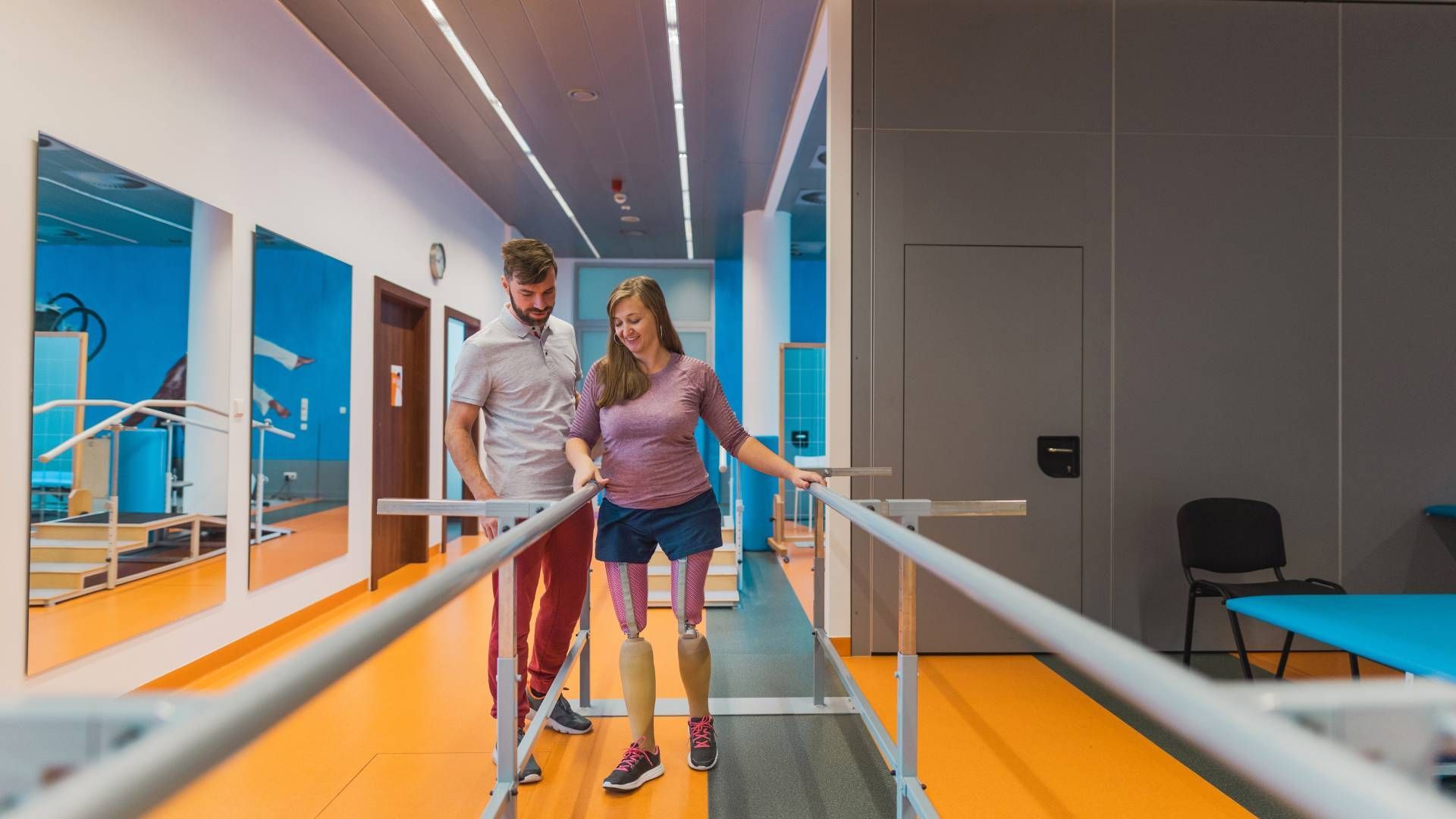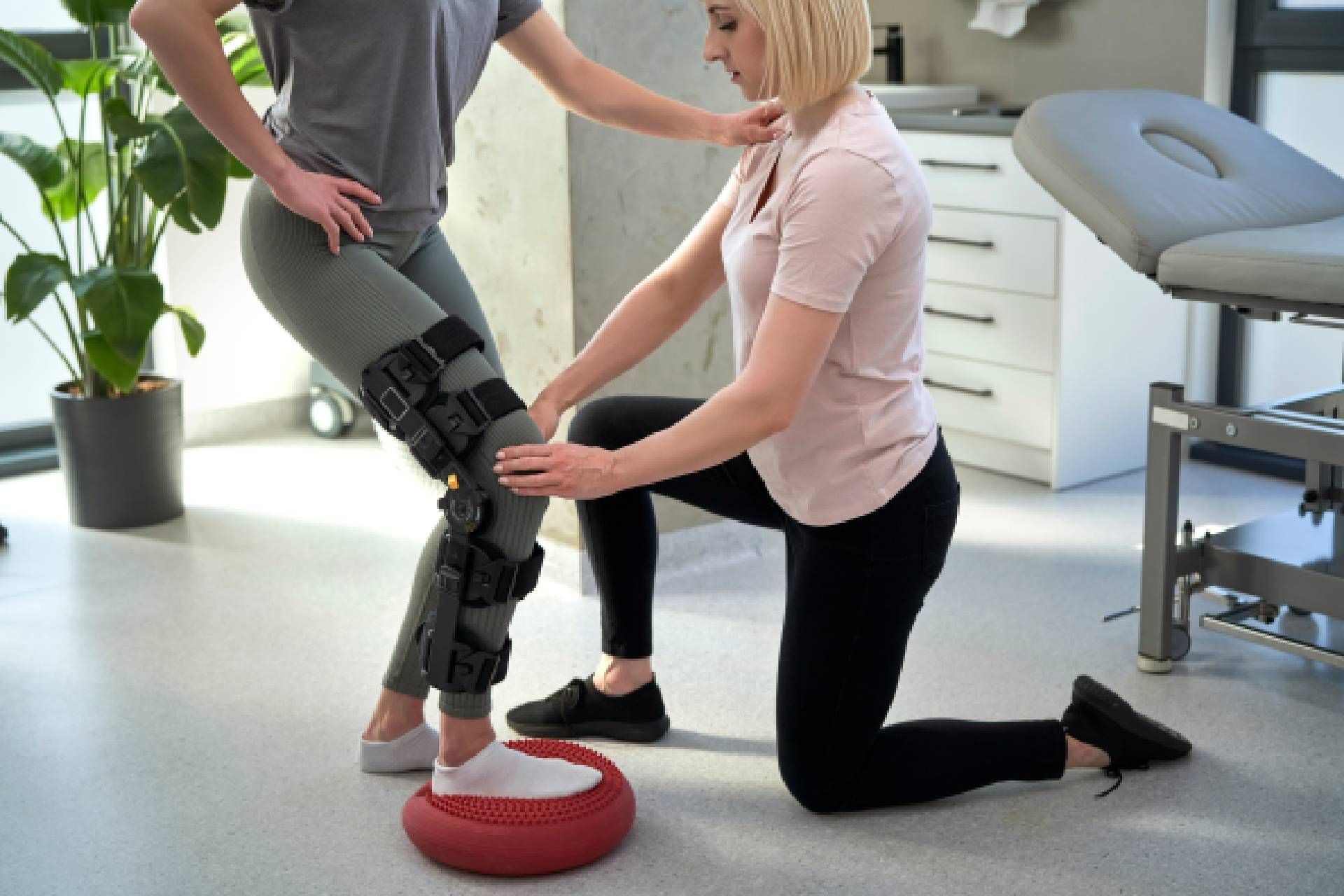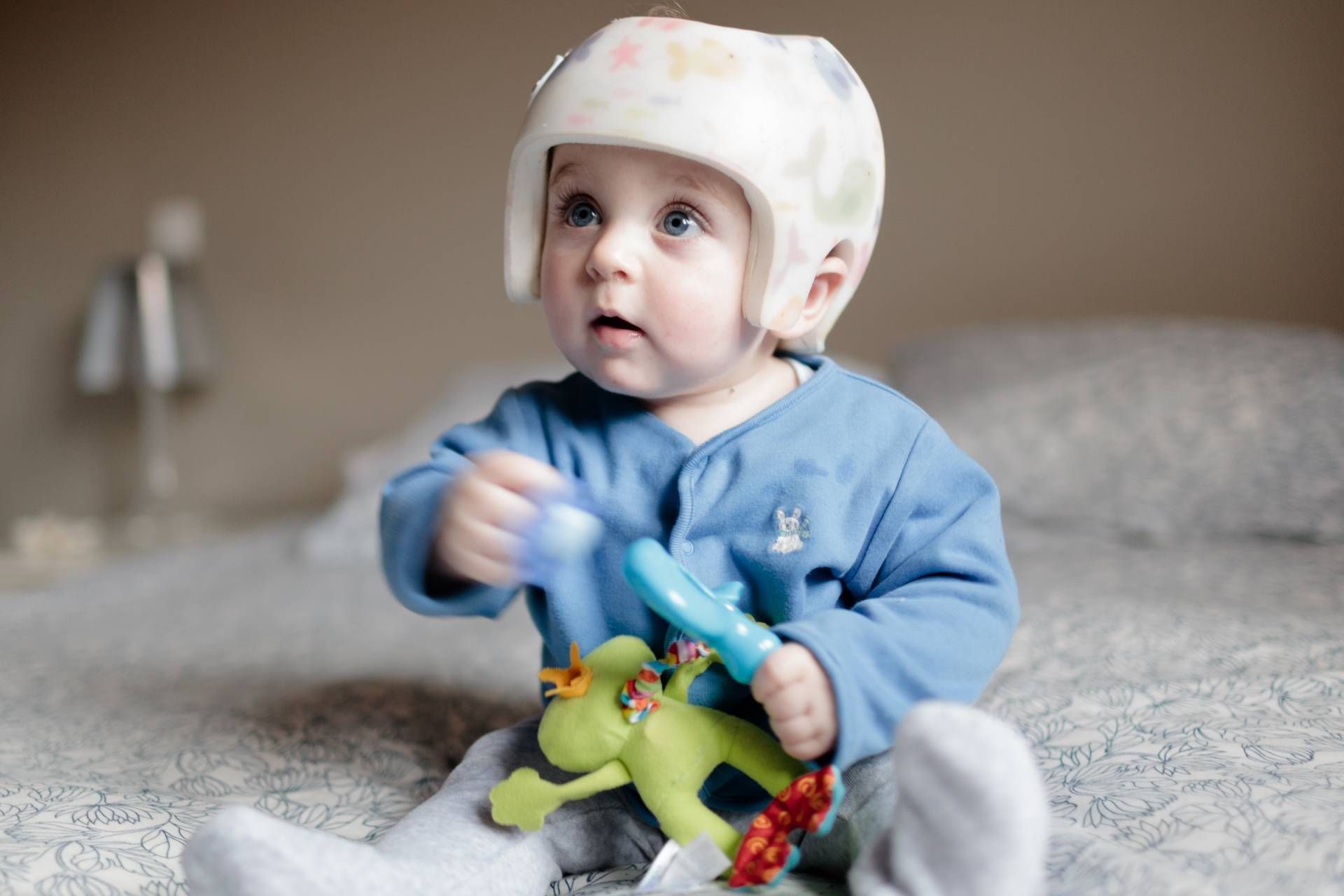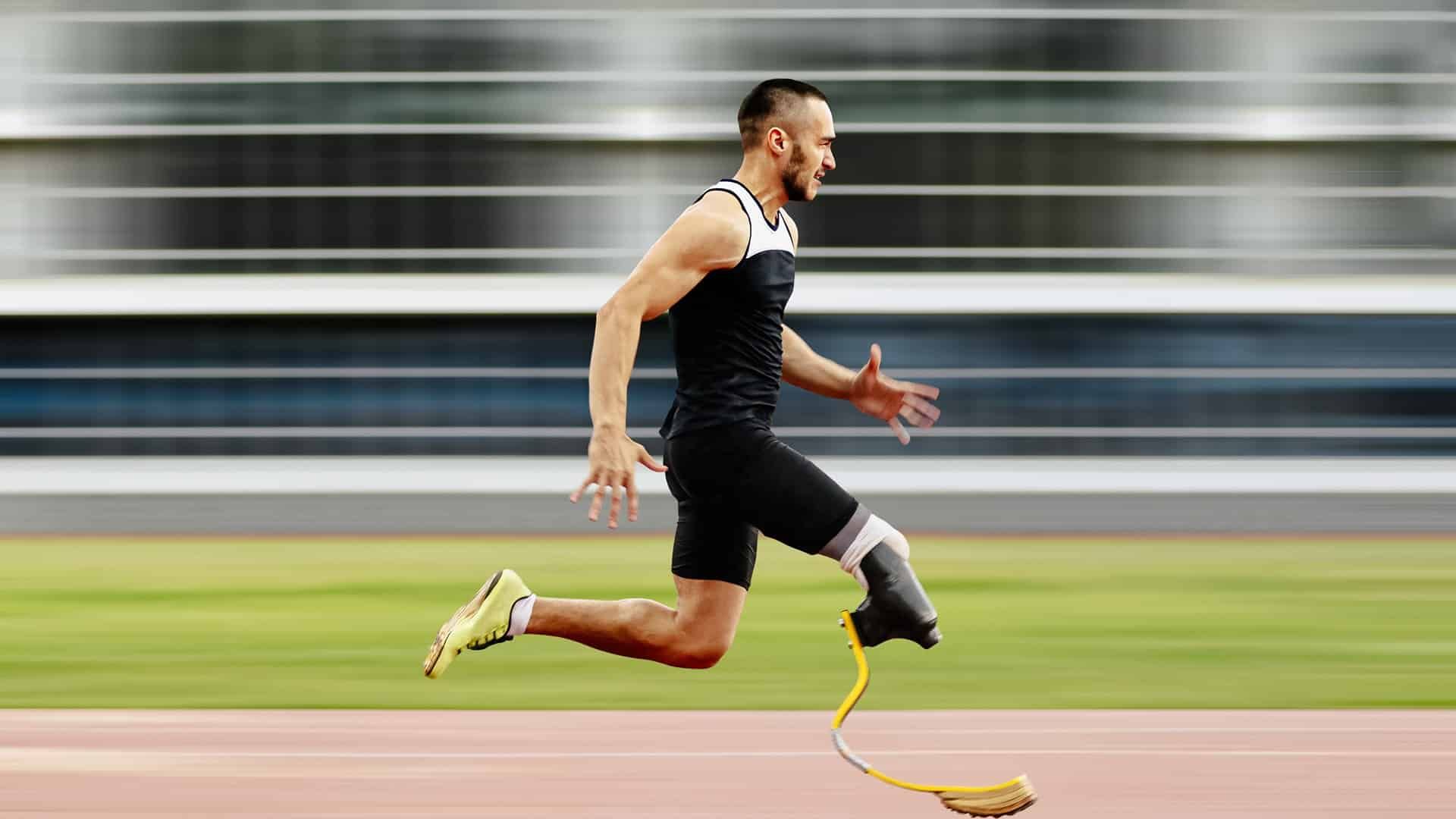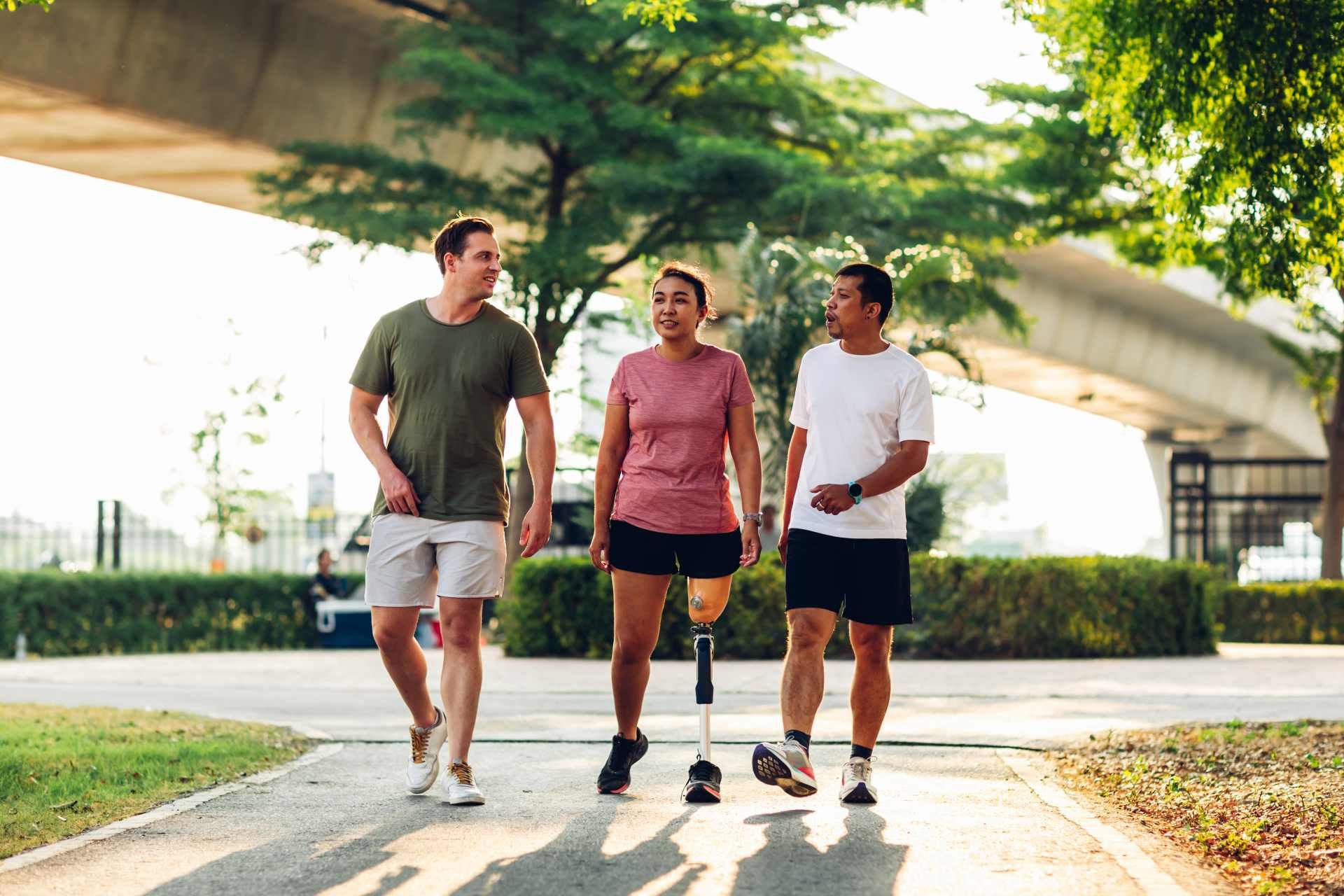Though everyone’s prosthetic journey is unique, there are several goals that many prosthetic users share. One such goal is improved mobility and flexibility, which is especially true for new prosthetic users as they become more familiar with proper prosthetic care, using the device itself, and how to maneuver with their prosthetic device successfully and safely in their everyday lives.
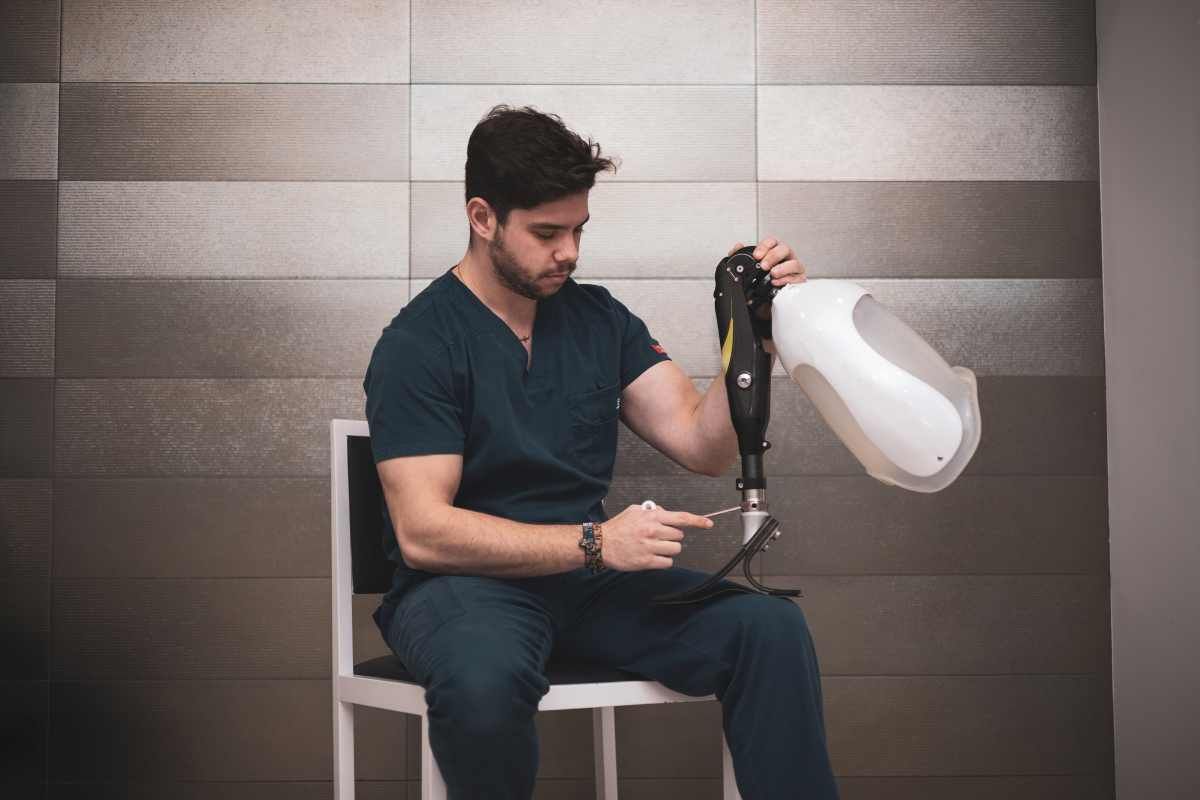
At Kenney Orthopedics, we offer many resources to help new prosthetic device users navigate the many challenges they may face, starting with the three tips listed below.
1: Fit is First and Foremost
Good fit is the foundation of optimal prosthetic and functional performance. If your new prosthetic device does not fit properly, you may end up with a host of problems. These may include balance issues, skin irritation, and even damage to the prosthetic itself. This is why it is essential to work closely with your healthcare team to get the best fit with your new prosthetic devices right from the start.
A few important things to keep in mind:
- To achieve the best fit, it is normal and often necessary to undergo a series of modifications as your limb adjusts to your new prosthetic device.
- Remember that fittings and adjustments will be a part of proper prosthetic care and should be expected to occur over the entire life of your prosthetic device.
- Changes in the weather like an increase or decrease in temperature or humidity, changes to your body like weight gain or loss, and even changes in the locations you visit or reside in can necessitate an adjustment to maintain that ideal fit.
2: Practice, practice, practice
Like any new skill, using a prosthetic device for the first time takes a lot of practice! Our Amputee Walking Schools give prosthetic users real-world, hands-on training using their new prosthetic device from skilled instructors with years of experience. Prosthetic users work with their peers and therapists during walking schools to increase their knowledge about the technical aspects of prosthetic care. As a result, they gain skills and confidence necessary to use prosthetic devices more efficiently and safely. Amputee Walking Schools are also a wonderful opportunity to build a supportive community among prosthetic users.
3: Learn from All the Experts
Of course, when getting new prosthetic devices, the healthcare professionals on your prosthetic care team are a trusted resource for information. They can answer any questions you have about your device itself or medical issues that can be associated with prosthetic use from skin irritations to phantom limb pain. However, your medical team members are not the only resource in the community. Our Peer Mentor Program connects experienced prosthetic users with those new to the journey. These mentors represent a tremendous source of knowledge when it comes to a variety of subjects, including the experience of using a prosthetic device, ways to overcome challenges prosthetic users face, and any available community resources to help support your prosthetic care journey.
Looking for More Information?
Find quality prosthetic care and resources at Kenney Orthopedics with multiple locations across Kentucky, Indiana, and North Carolina. We can fabricate, fit, or customize new prosthetic devices at Kenney Orthopedics. We also provide special programs for amputees including Amputee Walking Schools and our Peer Mentor Program to help prosthetic users hone their ability to use their prosthetic device safely and comfortably. Contact the team at Kenney Orthopedics to learn more.


